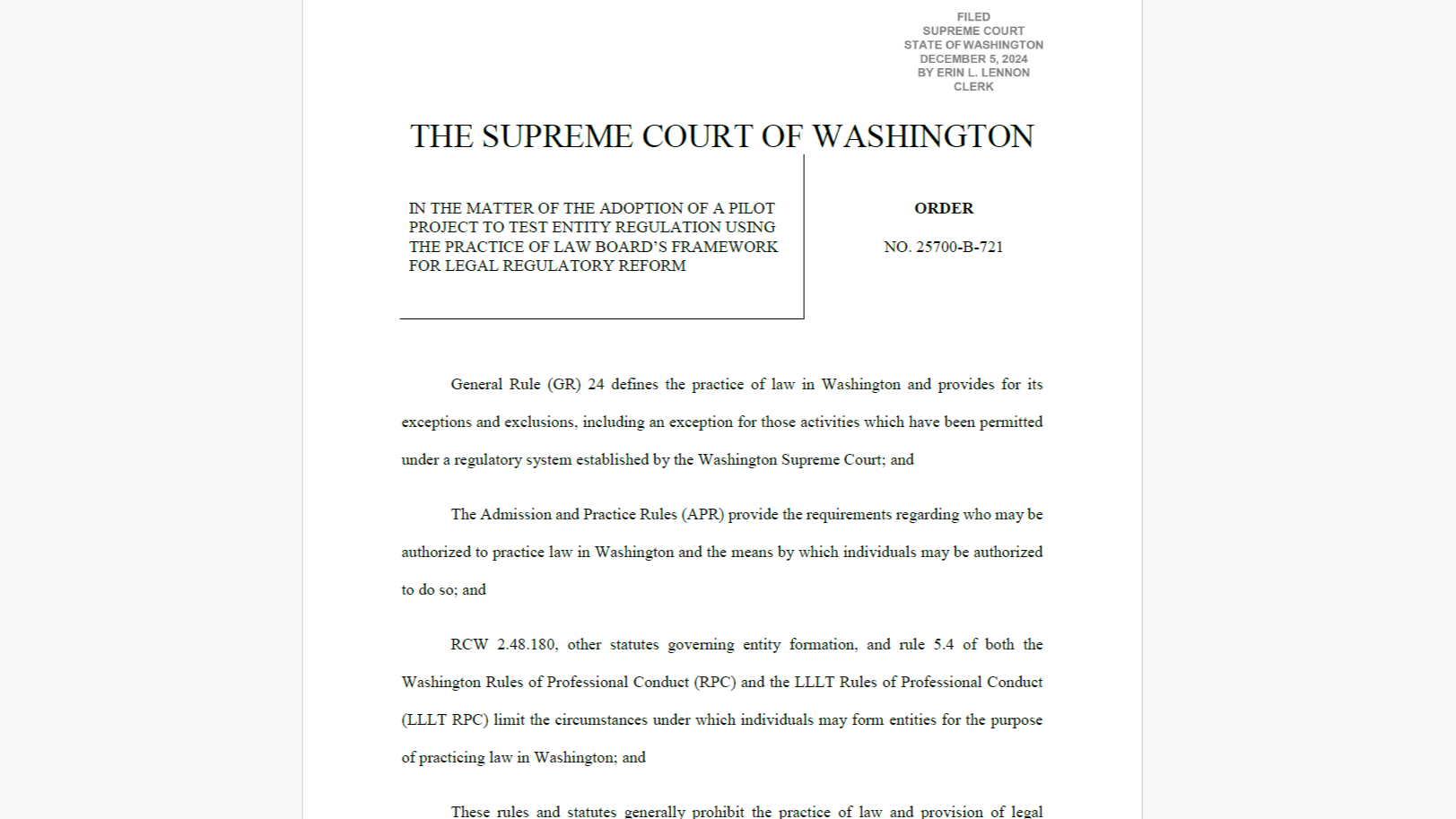
This
month,
President-elect
Donald
Trump
appointed
former
Paypal
executive
and
Silicon
Valley-based
venture
capitalist
David
Sacks
as
the
White
House’s
first-ever
czar
for
AI
and
cryptocurrency.
Sacks
will
be
in
charge
of
guiding
policy
for
AI
and
cryptocurrency,
which
are
“two
areas
critical
to
the
future
of
American
competitiveness,”
Trump
recently
wrote
in
a
post
on
his
Truth
Social
platform.
There
are
still
many
unknowns
about
how
the
incoming
Trump
administration
will
affect
the
country’s
AI
regulation,
but
analysts
think
restrictions
will
probably
loosen.
Just
last
month,
Trump
promised
to
dismantle
Biden’s
AI
safeguards
once
in
office.
It
is
likely
that
Sacks
will
employ
a
looser
approach
to
AI
regulation,
as
he
has
been
an
outspoken
critic
of
regulation
in
the
tech
industry
throughout
his
career.
One
healthcare
tech
expert
—
Ryan
Tarzy,
CEO
of
Avandra
Imaging,
a
federated
network
for
de-identified
imaging
data
—
thinks
that
this
appointment
will
ultimately
benefit
the
healthcare
industry.
“While
both
campaigns
spoke
to
the
importance
of
AI
and
innovation,
there
is
much
more
evidence
that
the
Trump
administration
understands
the
significance
of
AI
innovation
and
the
consequences
of
falling
behind
—
especially
in
healthcare.
While
there
is
a
need
for
common
sense
regulations,
if
we
lean
towards
regulation
over
innovation,
we
are
actually
costing
more
lives,”
Tarzy
declared.
For
example,
if
it
takes
three
years
instead
of
one
for
a
new
AI
model
that
improves
cancer
detection
to
be
approved,
all
the
patients
who
could
have
been
saved
over
those
two
extra
years
of
lag
become
“literally
casualties”
of
that
regulation,
he
explained.
To
Tarzy,
the
pace
of
healthcare’s
technological
revolution
is
simply
too
slow.
He
pointed
out
that
he
recently
heard
a
NVIDIA
representative
say
that
healthcare
is
about
three
technological
generations
behind
other
industries.
“This
is
very
credible,
given
that
a
lot
of
the
industry
still
uses
fax
machines.
It
is
a
human
tragedy.
We
need
to
ensure
we
leverage
all
the
technology
available
to
improve
lives,”
Tarzy
stated.
He
said
he
is
optimistic
that
Sacks’
appointment
will
create
a
“more
innovation-friendly
environment.”
Tarzy
noted
that
this
belief
was
shaped
by
comments
Sacks
has
made
on
his
podcast,
in
which
he
has
voiced
support
for
reducing
regulations
that
make
it
harder
for
startups
to
compete
with
established
tech
giants.
“Though
his
influence
as
AI
czar
is
still
uncertain,
his
background
as
an
investor
suggests
he
will
take
a
results-driven
approach,
particularly
when
it
comes
to
supporting
AI
solutions
that
demonstrate
direct
improvements
to
patient
outcomes.
Because
of
this,
I
think
he
is
well-positioned
to
make
healthcare
AI
regulation
more
efficient,
encouraging
compliance
and
innovation
while
bridging
industry
and
government
together,”
Tarzy
stated.
He
added
that
he
thinks
the
U.S.
is
about
to
enter
a
“golden
age”
for
medical
AI.
In
Tarzy’s
view,
looser
AI
regulation
could
help
the
U.S.
healthcare
system
to
catch
up
to
its
counterparts.
More
specifically,
relaxed
regulations
would
enable
innovators
to
accelerate
the
availability
of
tools
that
directly
improve
patient
outcomes,
such
as
early
disease
detection,
he
said.
“For
example,
in
Taiwan,
technology
exists
for
early-stage
pancreatic
cancer
detection,
but
it
is
unavailable
in
the
U.S.
because
of
the
current
regulatory
environment.
It
is
not
a
matter
of
having
the
tools
available
—
but
establishing
proper
guidelines
that
support
innovation,”
he
declared.
While
he
understands
people’s
concerns
surrounding
reduced
regulations,
Tarzy
thinks
it’s
essential
to
balance
fostering
innovation
and
ensuring
safety.
“We
are
still
in
the
early
stages
of
AI
development,
and
often,
regulators
do
not
fully
grasp
the
nuances
of
the
technology.
We
should
allow
tech
companies
to
explore
and
truly
understand
what
is
possible
with
this
technology,”
he
declared.
Photo:
Eva
Almqvist,
Getty
Images
















 Chris
Chris
 Olga
Olga